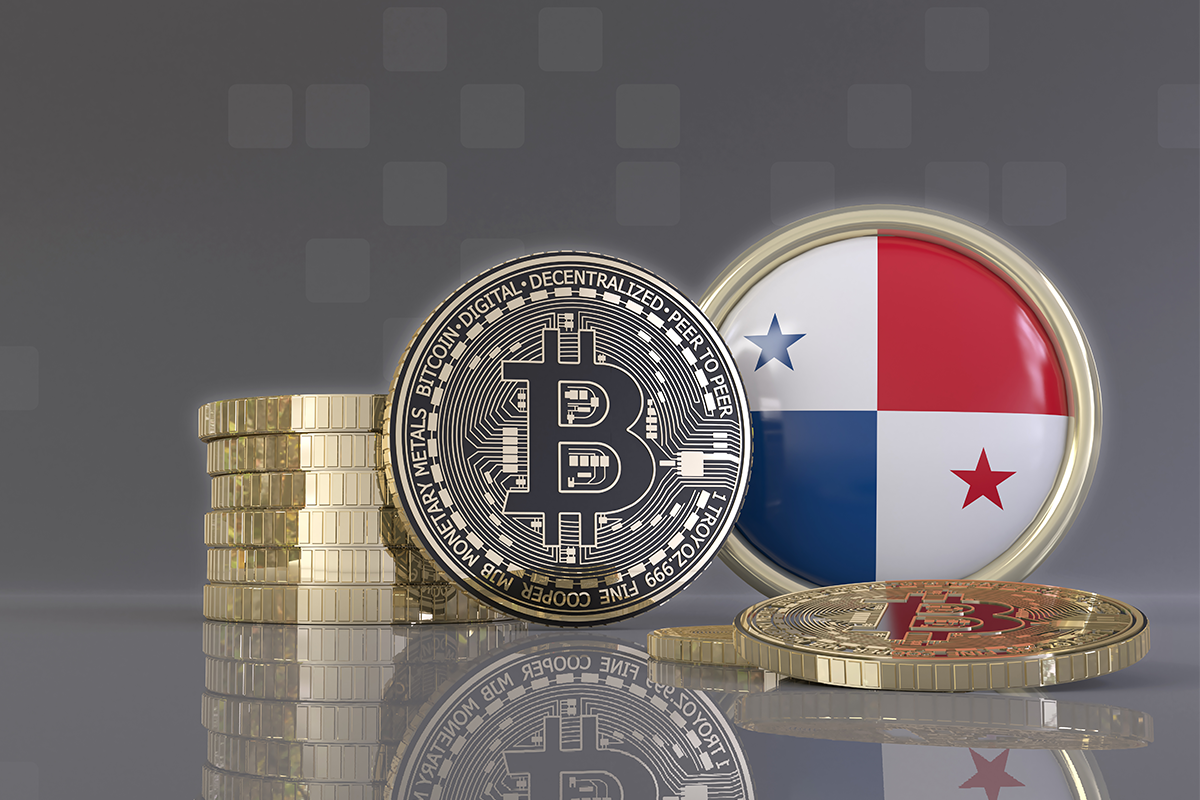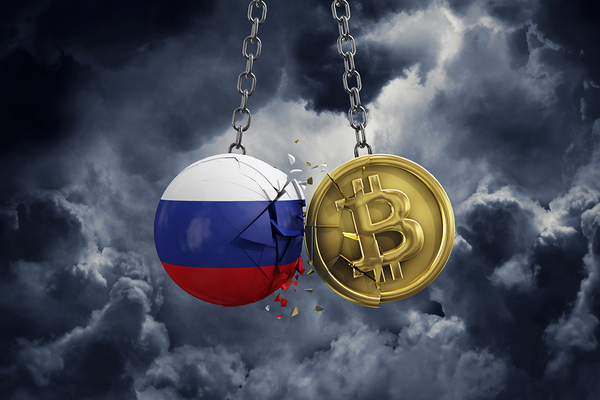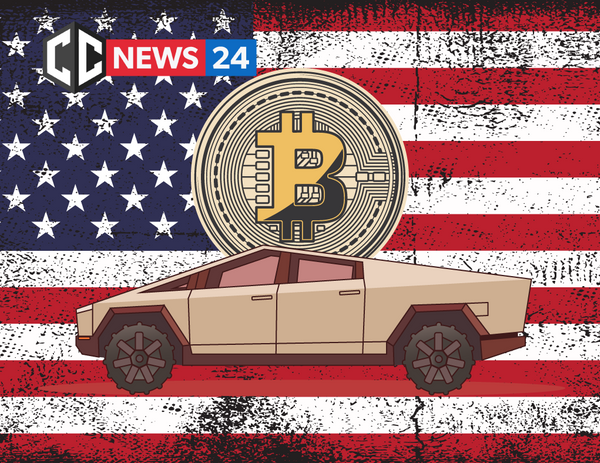There is a new chapter in Panama's crypto bill saga with the Supreme Court set to decide the future of the local crypto industry.
Laurentino Cortizo, the Panamanian president, sent the crypto legislation passed last year to the high court on Jan. 26, alleging it violates the constitution's core principles.
Bill No. 697 must now be decided by the Supreme Court, either to declare it unenforceable or to approve it with modifications.
In an official statement, the president's office stated that articles 34 and 36 of the bill are unenforceable, as they violate the state's separation of powers.
Following his partial veto of the legislation in June, President Cortizo also argued that the bill had been approved through an inadequate process. During that time, the president argued that the bill needed to be revised in order to comply with new regulations proposed by the Financial Action Task Force in order to increase fiscal transparency and prevent money laundering.
It has been the subject of a dispute between Panama's National Assembly and the government. Legislators in Panama passed a bill in April regulating cryptocurrencies, including Bitcoin, in the country. A few weeks later, however, President Cortizo said he would not sign it unless it contained additional Anti-Money Laundering (AML) provisions.
In September 2021, a bill was introduced aimed at making the country "compatible with the digital economy, blockchain, crypto assets, and the internet." The bill was voted out of the Economic Affairs Committee on April 21 and approved within a few days.
By law, Panamanians may freely use crypto assets, including without limitation Bitcoin and Ethereum, as an alternative payment method for "any civil or commercial transaction." In addition, the bill would regulate the tokenization of precious metals and the issuance of digital currency. The government's innovation authority is also exploring the possibility of digitizing identity using blockchain technology or distributed ledgers.








